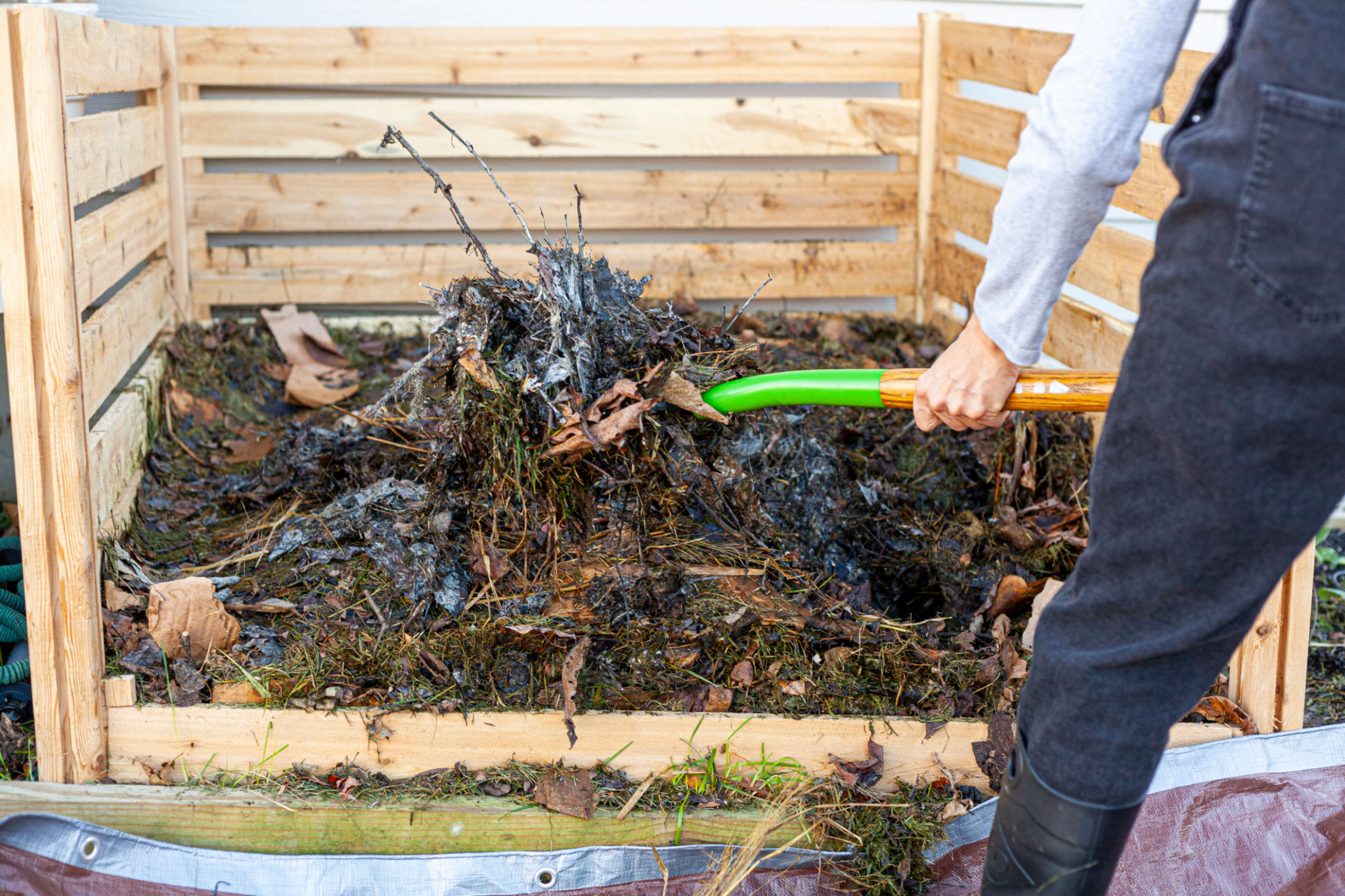Seasonal Guide: Preparing for the Rainy Season with Proper Waste Management
Understanding the Importance of Waste Management in Rainy Seasons
The rainy season is a time of year that brings fresh life to our surroundings, but it also poses significant challenges in terms of waste management. Improper disposal of waste can lead to severe environmental consequences, such as flooding and water pollution. As the rains approach, it's crucial for communities to adopt effective waste management strategies to minimize these risks.
Proper waste management during the rainy season not only helps protect the environment but also promotes public health. Stagnant water created by blocked drainage systems can become breeding grounds for mosquitoes, increasing the risk of diseases like dengue and malaria. By managing waste effectively, we can help reduce these health hazards.

Strategies for Effective Waste Management
Community Awareness and Participation
Raising awareness about the importance of waste management is the first step towards creating an effective system. Communities need to be informed about proper waste disposal methods and encouraged to participate actively. Local governments and organizations can organize workshops and campaigns to educate the public.
Community participation can be enhanced by establishing local waste management committees. These committees can oversee waste collection and ensure that residents adhere to proper disposal practices. By involving community members, we create a shared responsibility that leads to more sustainable practices.

Implementing Efficient Waste Collection Systems
An efficient waste collection system is essential during the rainy season. Regular collection schedules should be established, with increased frequency if necessary, to prevent waste accumulation and minimize blockages in drainage systems. Municipalities can invest in additional resources, such as more collection vehicles and personnel, to handle the increased volume of waste.
It’s crucial to ensure that waste collection points are strategically located and easily accessible to all community members. This encourages proper disposal and reduces the likelihood of littering or illegal dumping, which can aggravate flooding during heavy rains.

Recycling and Composting: Sustainable Solutions
Encouraging Recycling Practices
Recycling is an effective way to manage waste during the rainy season. By reducing the volume of waste that ends up in landfills, we decrease the chances of blockages and pollution. Communities should be encouraged to separate recyclable materials such as plastics, metals, and paper from their general waste.
Local governments can support recycling efforts by providing bins for different types of materials and setting up recycling centers where residents can drop off their sorted waste. Incentive programs, such as offering discounts on utility bills for participating households, can further motivate people to recycle.
Composting Organic Waste
Composting is another sustainable solution that can be implemented during the rainy season. Organic waste, such as food scraps and garden trimmings, can be composted to create nutrient-rich soil. This not only reduces the amount of waste sent to landfills but also provides a valuable resource for gardeners and farmers.
Setting up community composting facilities or encouraging household composting can significantly reduce organic waste. Educational workshops can help residents learn how to compost effectively and understand the benefits it brings to both the environment and their gardens.

Conclusion: A Collective Effort for a Cleaner Environment
Preparing for the rainy season with proper waste management requires a collective effort from individuals, communities, and local governments. By raising awareness, implementing efficient collection systems, and encouraging recycling and composting, we can minimize the environmental and health risks associated with improper waste disposal.
Together, we can create a cleaner, healthier environment that benefits everyone. As we embrace these practices, we not only protect our communities from the adverse effects of the rainy season but also contribute to a more sustainable future.
